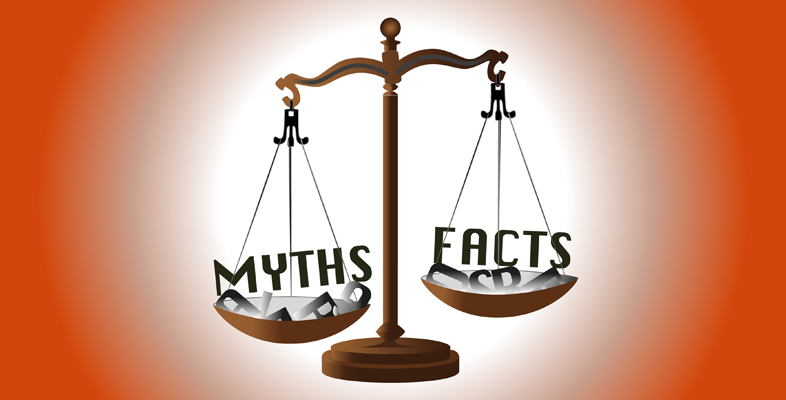7.1.2 Different decision-makers
The criminal courts are concerned with wrongs done to the community as a whole. They therefore involve lay people (non-lawyers) from the community, who sit as jurors and magistrates.
Because the civil courts are concerned with private disputes between individuals, they do not need to involve lay people. Decisions are almost always made by legally-qualified judges.
| Criminal courts | |
|---|---|
Magistrates’ courts |
A panel of lay magistrates or a legally trained district judge decide questions of law and fact |
Crown Court |
A legally trained judge decides questions of law A lay jury decides questions of fact (i.e. whether the defendant is guilty or not guilty) |
| Civil courts | |
County Court |
A legally trained judge decides questions of law and fact |
High Court |
A legally trained judge decides questions of law and fact |
